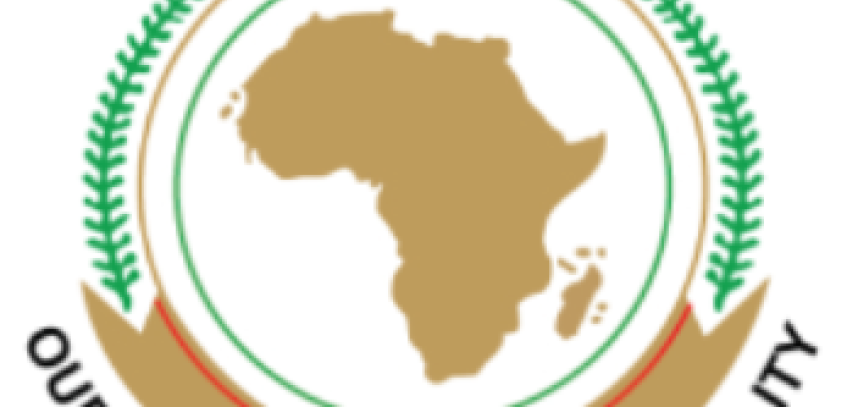On behalf of the African Commission on Human and Peoples’ Rights (the Commission), on this day- International day of Rural Women, in my capacity as Special Rapporteur on the Rights of Women in Africa, I wish to celebrate rural women in Africa.
Rural women face particular problems on account of their rural context. Their life is characterised by hard labour whereas they rarely reap from this rigour on account of the fact that the burdens and sectors they find themselves engaging are non-monetised and their domestic contributions go unrecognised. In addition, they have hampered access to health care, education, employment and other socio-economic factors they need to thrive. They are also politically marginalised as most rural areas subscribe to the doctrine of African customary rule of male primogeniture which only allows an oldest male descendant or relative to succeed the estate of a deceased man. Also most harmful cultural practices which continue to haunt women occur in rural settings. On the other hand, rural women are critical to the attainment of sustainable development. They form a significant part of the agricultural labour force and also engage in small-scale enterprises, endeavours that are critical to a country’s development and economy. Despite the tremendous work that rural women do, the face of poverty in rural poverty remains feminine.
In Africa, though inadequate, some efforts have been made to address the plight of rural women. From a rights perspective, the African human rights instruments recognize the unique status of rural women. The Protocol to the African Charter on the Rights of Women in Africa (Maputo Protocol) appreciates the intersectional disadvantage that rural women face due to their gender and rural context. The Maputo Protocol recognizes that rural women are critical to the attainment of sustainable development. Towards this, it links women’s right to sustainable development to the ability of rural women to access credit, training, skills development and extension services in order to provide them with a better quality of life and reduce the level of poverty among women. In the context of women’s right to health and sexual and reproductive rights, the Maputo Protocol also calls States to provide adequate, affordable and accessible health services, including information, education and communication programmes to women especially those in rural areas.
The African Commission on its part has on more than one occasion called upon States to take special measures towards rural women. In its Resolution on Women’s Right to Land and Productive Resources, the Commission expressed its concern that rural women are disproportionately affected by marginalisation and exclusion. It encouraged States to take special measures with regards to the recognition and involvement of rural women in rural development, land distribution and social housing projects.
On this occasion of the International Day of Rural Women, I wish to call on States to prioritise the equal treatment of rural women. I also call upon States to ensure their equal access to control and use land resources towards promoting gender equality and improving women’s social, political and economic status.
Happy International Day for Rural Women!
Long live the International Day of Rural Women! Long live the African woman in her tireless efforts for the development of the Continent!










